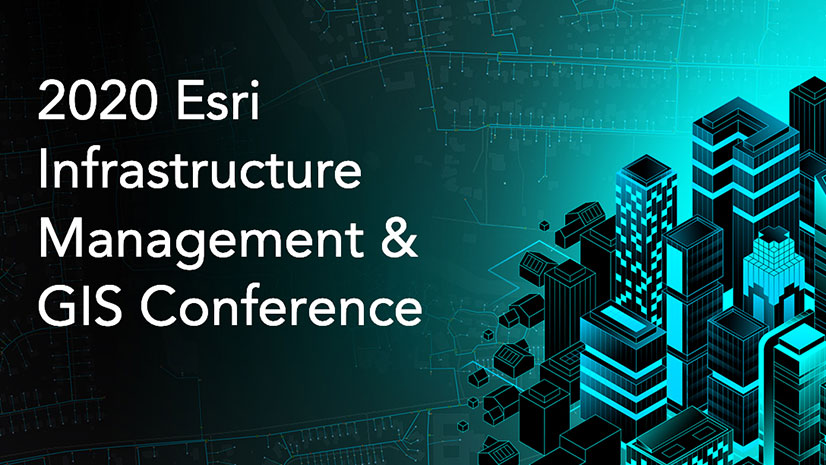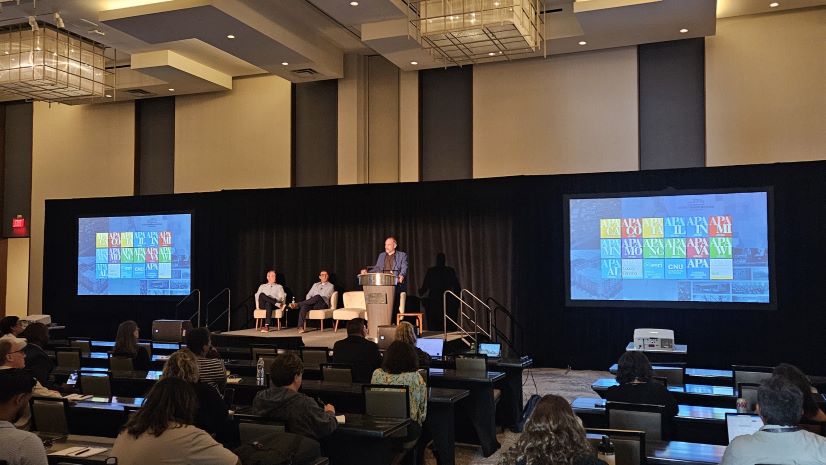The task of keeping the infrastructure of our built and natural world operating falls on the shoulders of architects, engineers, builders, and operators. To address infrastructure management challenges, communities rely on architecture, engineering, and construction (AEC) and environmental management firms. Those firms work with private and public organizations to deliver the infrastructure of today and tomorrow. To keep roadways and railways, sanitary water and sewer systems, utilities, and telecommunications projects on track, today’s AEC professionals must be ready to work with many participants from organizations of many types to deploy solutions that address a wide range of infrastructure challenges.
Understanding the perspective from the owners, operators, and other AEC professionals is critical in this era where the tools and work methods of the industry are changing and improving. To stay abreast and share your perspective, you are invited to be part of the Esri Infrastructure Management & GIS Conference (Esri IMGIS) where users from different sectors will connect to learn and share their experiences at the largest GIS infrastructure event in the world.
Amplified by current changes in the workplace and work methods, technology improvements are proving that digital updates deliver measurable value. The AEC industry, historically known as lagging in technology investment, is currently making strong shifts in ways of working. The widespread use of building information modeling (BIM) tools, rapid adoption of reality capture technology, embracing collaborative project management platforms, and inclusion of GIS in project deliverables are making strides in overall project efficiencies.
AEC firms collaborate internally, with external clients, and with community stakeholders. They use a range of manual and digital methods to deliver the projects that their infrastructure owner-clients entrust them with. The firms work with municipalities, utilities, telecommunications, and transportation organizations—from projection inception through completion. They produce plans, maps, and applications of various scales to prove their projects have been thoroughly thought through at all phases.
While the pace of change and adoption of technology has been slow historically in AEC, there is a move toward digital project operations delivery. The Esri IMGIS will highlight the growing use of modern tools and digitally driven workflows. Presentations, technical demonstrations, and networking discussions will share the following:
- The most successful projects utilize GIS to present multiple layers and views of information through interactive and immersive environments.
- The most successful AEC companies utilize GIS-enabled solutions, allowing distributed teams to collect information more easily, access it through various perspectives, and make informed decisions.
- The most successful cities, utilities, telecom, and transportation providers utilize GIS, working with AEC professionals to plan for tomorrow’s needs while managing assets efficiently and meeting today’s demands.
Join us for a conference that will
- Provide a unique opportunity to bring planners, designers, engineers, owners, and operators from infrastructure industries together in one event at the same time.
- Show how GIS enables a long-term perspective and offers new services in infrastructure management.
- Illustrate the relationships and capabilities of location technology to infrastructure projects.
- Provide industry-focused sessions where AEC peers and owners/operators can network.
- Bring insights into how planners and engineers can most effectively work with utility and public clients.
- Facilitate collaboration between AEC industry professionals, Esri staff, and partners.
- Offer a dedicated Expo area to interact virtually with infrastructure industry sponsors and exhibitors.
The event is complimentary for customers current on their maintenance or subscription and students or 2020 graduates.
We look forward to greeting you virtually at the Esri IMGIS, October 27–30.
Register now for this exciting event here.


